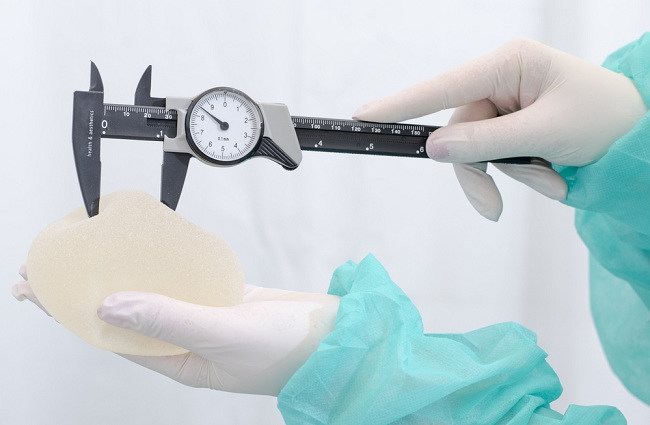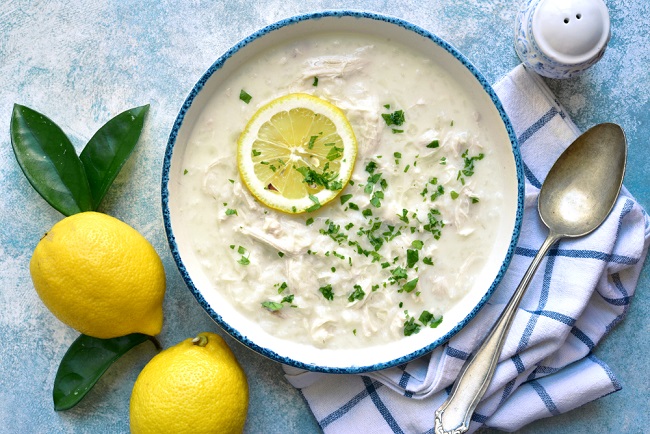Protein is divided into two types, namely animal protein and vegetable protein. Although the sources are different, the two types of protein both play an important role in the process of child growth and development. nowMother, want to know which type of protein is the best for children's complementary foods?
Protein is a macronutrient, which is a nutrient that the body needs in large amounts. However, some types of protein-forming amino acids cannot be produced by the body. So, to meet your little one's protein needs, you must include protein in your daily diet.

Animal Protein is Better than Plant Protein
Since the child is 6 months old, formula milk or breast milk alone is not able to meet all his nutritional needs. Therefore, the mother needs to give her little one additional nutrition from complementary foods (MPASI).
In its presentation, children's complementary foods must contain protein. Apart from being a source of energy, these nutrients are also needed to build muscle, help produce various important hormones, increase bone strength, strengthen endurance, and support children's brain development.
Seeing the many benefits of protein for a child's body, your little one needs to consume adequate amounts of protein, according to their needs every day. Children aged 7-12 months need about 11 grams of protein per day, while toddlers need as much as 13 grams of protein per day.
Regarding the choice of food sources of protein, both animal and vegetable protein are actually equally good and have benefits for the child's body. However, animal protein does contain more complete amino acids than vegetable protein.
In addition, protein derived from animals also tends to be more easily digested by the child's digestive system. Therefore, animal protein is considered better and of higher quality than vegetable protein.
Even so, it does not mean that vegetable protein is not good or not safe for consumption by children, right, Bun. Vegetable protein can provide antioxidants and fiber that may not be obtained from animal protein. In addition, vegetable protein also tends to be low in cholesterol, so it is good for heart health.
In addition, it should also be noted that some types of food sources of animal protein also contain a lot of cholesterol and saturated fat. If these foods are consumed in excessive amounts, your little one's risk for obesity, high cholesterol, or even heart disease in later life can be higher.
After knowing which type of protein is good for children, don't be confused about choosing protein source foods for your little one, yes, Bun. However, if he has certain medical conditions or is allergic to a food, consult with his doctor to find out what foods can and cannot be given.









